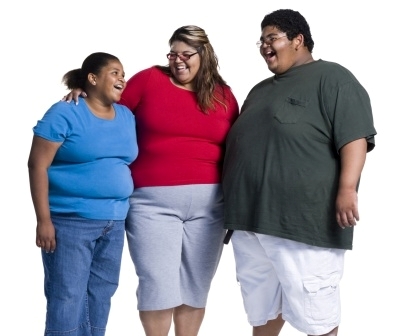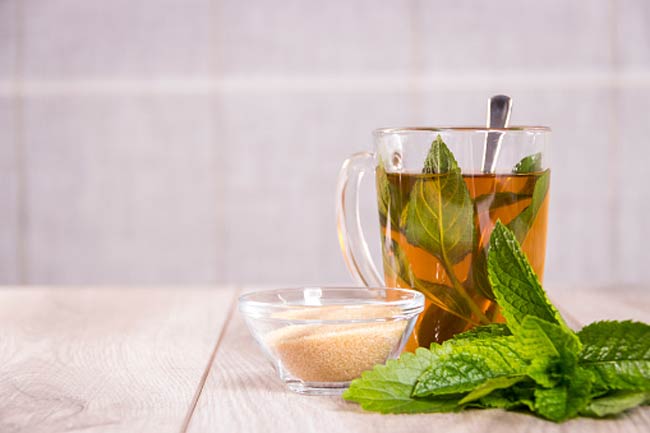Lose Weight > Common Sense To Lose Weight > Common Sense Article > Food Lovers Fat Loss - Understanding Calories Makes It Happen!
Food Lovers Fat Loss - Understanding Calories Makes It Happen!
Well, calories are simply units of measure. They are not actually things in and of themselves; they are name-tags for other things, just like how an inch really is not anything, but it measures the distance between two points.
So what do calories measure?
Easy: they measure energy.
Yup, the evil calorie - the bane of the dieter's existence - is really just a 3-syllable name-tag for energy.
And it is important to highlight this, because the body itself, despite its vast intelligence (much of which medical science cannot yet understand), does not really do a very intelligent job of distinguishing good energy from bad.
Actually, to be blunt, the body does not care about where the energy comes from. Let us explore this a little more, because it is very important to the overall understanding of how to boost your metabolism, particularly when we look at food choices.
In our choice-laden grocery stores and supermarkets, with dozens of varieties of foods, and perhaps even hundreds, there seems to be a fairly clear awareness of what is good food, and what is bad or junk food.
For example, we do not need a book to remind us that, all else being equal, a plum is a good food, whereas a tub of thick and creamy double-chocolate ice cream is a bad food.
Not bad tasting, of course; but for obvious reasons, if you are looking for a healthy way to lose weight, eating a vat of ice cream a day, is not a great idea. So what does this have to do with calories and energy?
It is this: while you and I can evaluate our food choices and decide that something (like a plum) is a healthy source of energy, and something else (like a tub of ice cream) is an unhealthy source of energy, the body cannot and does not evaluate.
It sounds strange and amazing, but the body really does not care. To the body, energy is energy. It takes whatever it gets, and does not really know that some foods are healthier than others. It is kind of like a garbage disposal: it takes what you put down it, whether it should go down or not.
So let us apply this to the body, and to weight gain. When the body receives a calorie - which, as we know, is merely a name-tag for energy - it must do something with that energy.
In other words, putting all other nutrients and minerals aside, if a plum delivers 100 calories to the body, it has to accept those 100 calories. The same goes for 500 calories from a (small) tub of ice cream: those 500 calories have to be dealt with.
Now, the body does two things to that energy: it either metabolizes it via anabolism, or it metabolizes it via catabolism. That is, it will either convert the energy (calories) into cells/tissue (anabolism), or it will use that energy (calories) to break down cells (catabolism).
Now the link between calories/energy, metabolism, and weight loss becomes clearer.
When there is an excess of energy, and the body can't use this energy to deal with any needs at the time, it will be forced to create cells with that extra energy. It has to.
It does not necessarily want to, but after figuring out that the energy cannot be used to do anything (such as help you exercise or digest some food), it has to turn it into cells through anabolism.
And those extra cells? Yup, you guessed it: they add up to extra weight!
In a nutshell (and nuts have lots of calories by the way, so watch out and eat them in small portions...), the whole calorie/metabolism/weight gain thing is really just about excess energy. When there are too many calories in the body - that is, when there's too much energy from food - then the body transforms those calories into stuff.
And that stuff, most of the time, is fat. Sometimes, of course, those extra calories are transformed into muscle; and this is usually a good thing for those watching their weight or trying to maintain an optimal body fat ratio.
In fact, because muscles require calories to maintain, people with strong muscle tone burn calories without actually doing anything; their metabolism burns it for them.
This is the primary reason why exercising and building lean muscle is often part of an overall program to boost your metabolism; because the more lean muscle you have, the more places excess calories can go before they are turned into fat.
So, now you understand calories, you do not have to be scared of them - just be aware of how your body treats them. Balance those calories and there will be no reason why Food Lovers Fat Loss cannot be a reality for you.
Related Articles
-
Let Go Of Your Stubborn Body Fat With These Tips
If you think your bodys shape needs a ch
-
How To Lose Weight & Keep It Off For Good
-
Cellulite What Is Cellulite And How Can I Get Rid Of Those Lumps
What is cellulite and how can one get rid of it? This has to be one of
-
The Hoodia plant may be the best gift to avoid holiday weight gain
Is Hoodia the gift you should ask Santa for? It is the holiday sea
-
The Best Methods To Help You Lose Weight
Health and losing weight aren’t always hand in hand. The c
-
3 Motivational Secrets to Overcome the Fat Loss Dip
Every night when we hit the sack, I first have to get Bally, my puppy
- DON'T MISS
- How To Lose Weight As An Older Woman
- Look On Aisle 5
- Phentermine: Help that Averts Risks
- Weight Loss Progress Without The Scale
- Ten Commandments Of Weight Loss
- We Just Found An Insanely Good Diet For Heart Health
- Hands Down Best Advice On How To Lose Weight
- Top 10 Weight Loss Exercise Tips
- Weight Loss Psychology - Tips For Easier Dieting
- Setting Morning Intentions For Success




